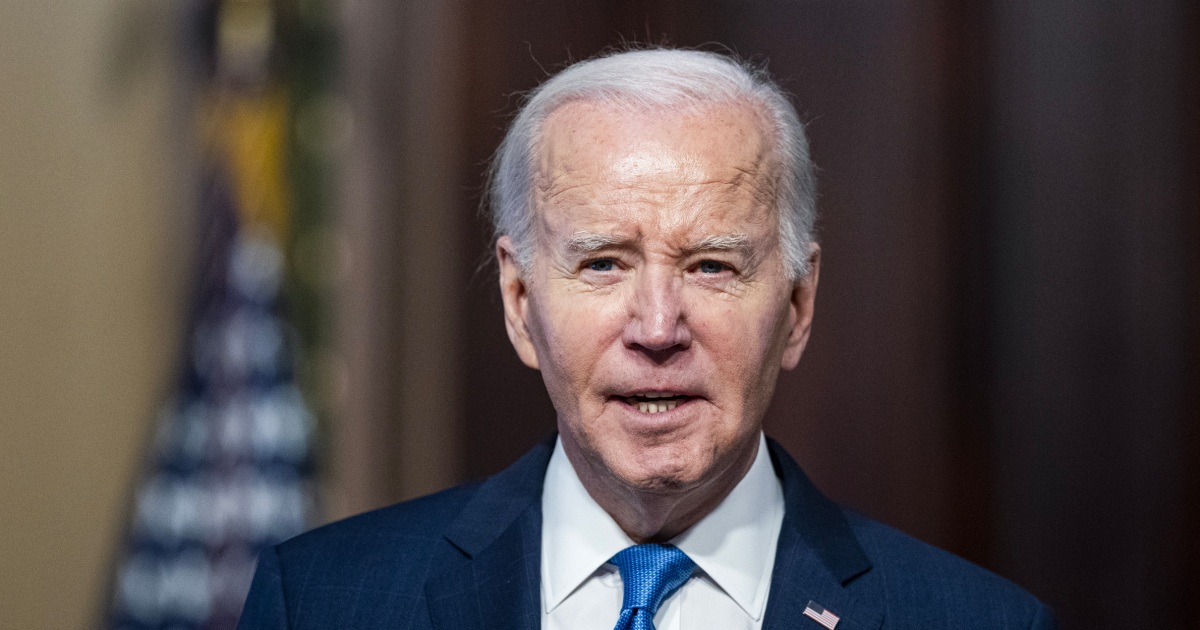President Joe Biden commemorated the 80th anniversary of the repeal of the Chinese Exclusion Act, which barred Chinese laborers from entering the country.
In a White House official statement released Sunday, Biden said the legislation, enacted in 1882, was a measure that “weaponized our immigration system to discriminate against an entire ethnic group.”
It was the first major law restricting immigration into the United States; it was repealed in 1943.
“For generations, people of Chinese heritage have enriched our country — from Chinese laborers who did backbreaking work to build the transcontinental railroad in the 1800s to the Chinese Americans who serve in our military, to the authors, artists, scientists, entrepreneurs, and scholars of today,” Biden said in the statement. “We honor them, and all immigrants, who continue to make extraordinary contributions to our nation.”
The statement comes after Asian American lawmakers introduced resolutions last week in both the House and Senate, also commemorating the repeal’s 80th anniversary.
The Chinese Exclusion Act, signed into law by then-president Chester A. Arthur, put a 10-year moratorium on Chinese labor immigration. It additionally prevented Chinese immigrants from becoming naturalized citizens.
“Our nation was founded on the fundamental idea that we are created equal and deserve to be treated equally. But for 61 years, the Chinese Exclusion Act failed to live up to that promise,” Biden said.
The legislation was largely a response to the influx of Chinese immigrants to the U.S. in the mid-1800s, when they came to mostly to work on the railroads, in gold mines and other industries. By the late 19th century, anger and vitriol began to rise toward the Chinese community, as white laborers deemed Chinese migrants a threat to their jobs and livelihoods, as documented by the New York Historical Society. “The Chinese Must Go” became a popular rallying cry at the time.
“The Act, along with racism and xenophobia in other parts of American life, was part of the anti-Chinese “Driving Out” era which included the Rock Springs and Hells Canyon massacres,” Biden wrote in the statement, referencing two massacres that targeted Chinese immigrant miners.
The legislation, which was set to expire after a decade, was then extended through the Geary Act. And while the measure was repealed on Dec. 17, 1943 with the Magnuson Act, immigration was still restrictive: A quota was established, allowing just 105 visas for immigrants from China. Other measures were also in effect to further restrict Chinese immigration, including the Immigration Act of 1924, which made those ineligible for U.S. citizenship unable to enter the country.
“The repeal of this act was a decision almost wholly grounded in the exigencies of World War II, as Japanese propaganda made repeated reference to Chinese exclusion from the United States in order to weaken the ties between the United States and its ally, the Republic of China,” according to the State Department’s Office of the Historian.
While Asian exclusion formally ended with the 1952 Immigration Act, racial, rather than national quotas were assigned to all Asian immigrants, according to the Office of the Historian. These quotas remained in place for over a decade, until the Immigration Act of 1965.
“On this anniversary, we remember those whose lives, families, and communities were irreparably harmed, Biden said.”















You must be logged in to post a comment Login